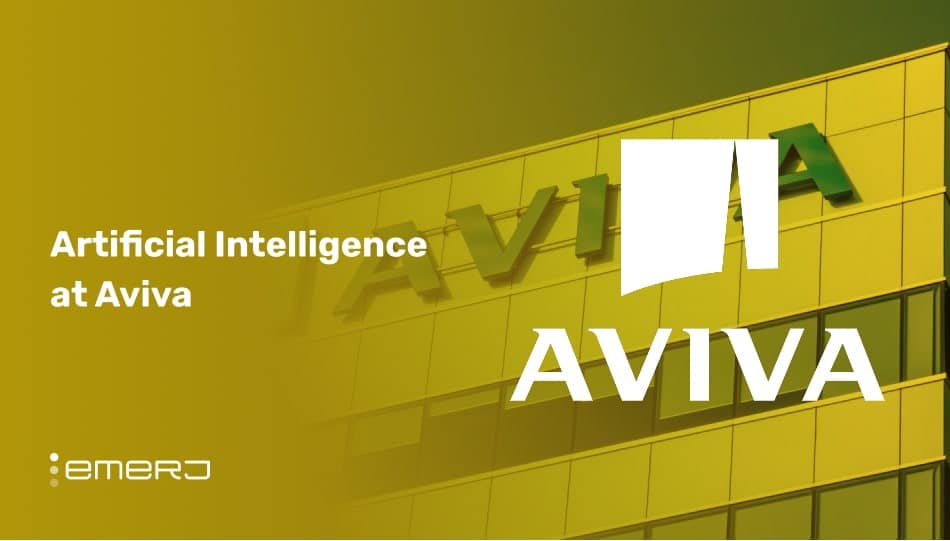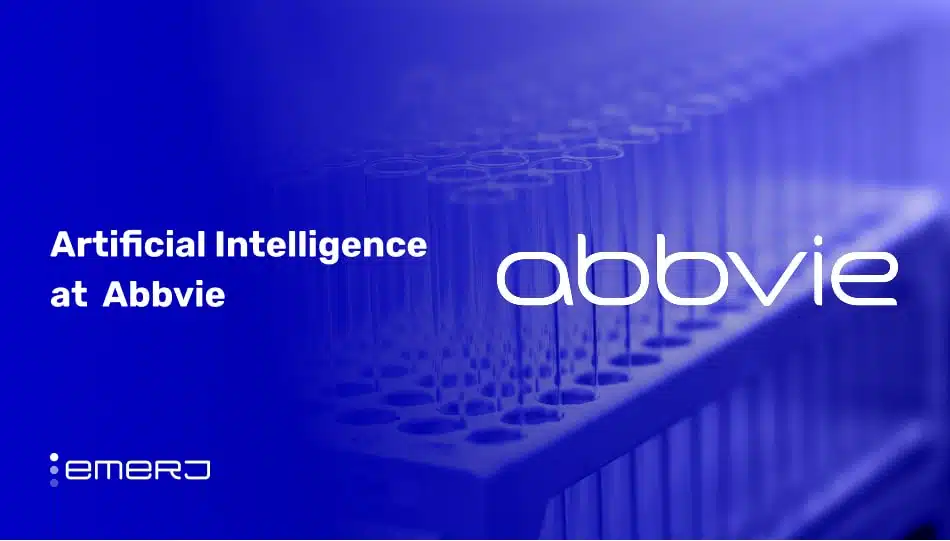1 – How Locus Robotics Plans to Build a Successor to Amazon’s Kiva Robots
Quiet Logistics’ spin-off company Locus Robotics is building warehouse robots to help replace the former Kiva Robots once used by its parent company. Before being bought by Amazon in 2012, Kiva Robots supplied all of Quiet Logistics’ robots, which were distributed to its clients to support warehouse operations. Instead of going to a new supplier, Locus Robotics was formed to design and build its own lines of warehouse fulfillment robots, which work in collaboration with humans to fulfill orders. When asked what makes the company’s robots stand out amongst competitors, Locus Robotics’ Chairman and Founder Bruce Welty said:
“My impression of everyone else who has entered this space is that they’re brilliant roboticists who have come into a market that they know nothing about. They don’t really, truly understand the business problem…We’re way down that path: because we know how warehouses work…”
Welty believes these robots will work alongside human workers for the foreseeable future, a minimum of five to seven years, citing their current limitation in working in the unpredictable situations that often occur in warehouses.
(Read the full article on IEEE Spectrum)
2 – Intel Buys a Startup to Catch Up in Deep Learning
Intel’s recent purchase of Nervana Systems could help launch the chip maker at full speed into the deep learning industry, competing against market leader Nvidia. Along with advanced deep-learning chip technology, Intel will acquire the expertise of Nervana’s CEO Naveen Rao, who founded Nervana after Qualcomm (of which he was an employee) turned down his idea to turn an AI-based chip from a research project into a product. Nervana is scheduled to complete its first chip, the Nervana Engine, in 2007; the company claims the chip has new memory technology that accelerates neural processing power equal to 10 GPUs. While Nervana’s first chip is not being manufactured by Intel, future deep-learning chips and new high-speed disk drive technology will be owned and delivered by Intel.
(Read the full article on MIT Technology Review)
3 – Stanford-led Experiments Point Toward Memory Chips 1,000 Times Faster than Today’s
New research out of Stanford shows support for a novel form of energy storage known as phase-change memory technology. Current memory chips use silicon materials to switch on and off electrons, effectively producing the ones and zeros that drive our digital devices. Phase-change materials are a promising replacement that can both store data permanently (done today by nonvolatile flash technologies) and perform computations up to a thousand times faster than today’s memory (done today with volatile memory like RAM). The materials are unique because they can exist in two different atomic structures (ordered and disordered), flipping back and forth (between ones and zeroes) with an electric charge. Much work still needs to be done to turn phase-change materials into functioning memory devices, but they could transform a next generation of digital devices.
(Read the full article on Stanford News)
4 – Bill Maris, the CEO and Founder of Google Ventures, is Leaving
Recode apparently broke the news that CEO and Founder of Google Ventures (GV) Bill Maris is leaving the company effective this Friday; there was no immediate comment given on the reason for his departure. He is being replaced by GV’s Managing Partner David Krane. Maris, who was reportedly close to Google’s founders Larry Page and Sergey Brin, founded the GV arm in 2009 and by 2015 was managing $2.4+ billion in capital. Google launched a separate investment arm, Google Capital, in 2013, which has more than once invested in companies that compete directly with those invested in by GV. Despite some lost opportunities, GV made a series of successful investment in startups that included Uber, Nest, Slack and Jet.com. Maris makes the third Google exec to leave since June, following Nest CEO’s Tony Fadell and CTO of the former self-driving project Chris Urmson.
(Read the full article on Recode)
5 – How Machines are Learning to Read your Mood
Boston-based AI company Affectiva has developed “emotion-reading” AI software that is already being used in a variety of applications, from detecting viewers’ facial expressions during political debates to helping those with autism learn skills – such as eye contact – necessary for making emotional connections. CEO Rana El Kaliouby did a recent interview with PBS NewsHour’s April Brown, in which she demonstrated one of the newest uses of for Affdex, the name of the emotion-reading software – to control the movement of BB-8, the droid featured in the most recent StarWars film. Kaliouby stated that her company has now tested Affdex with 1,400 brands in 75 countries, allowing companies to get a preview of customers’ emotional reactions to ads before making significant investments. She believes that in three to five years, our devices will have a built-in ’emotion chip’, similar to today’s GPA-enabled apps.
(Read the full article on PBS NewsHour)
Image credit: Nervanasys.com


















